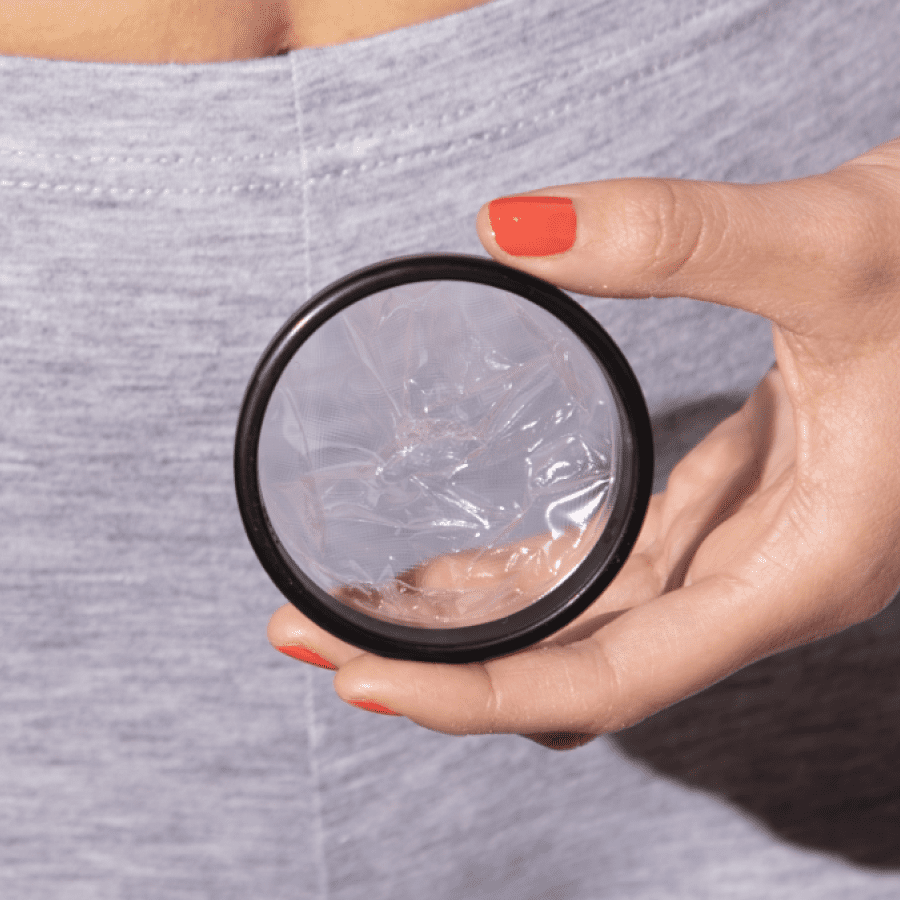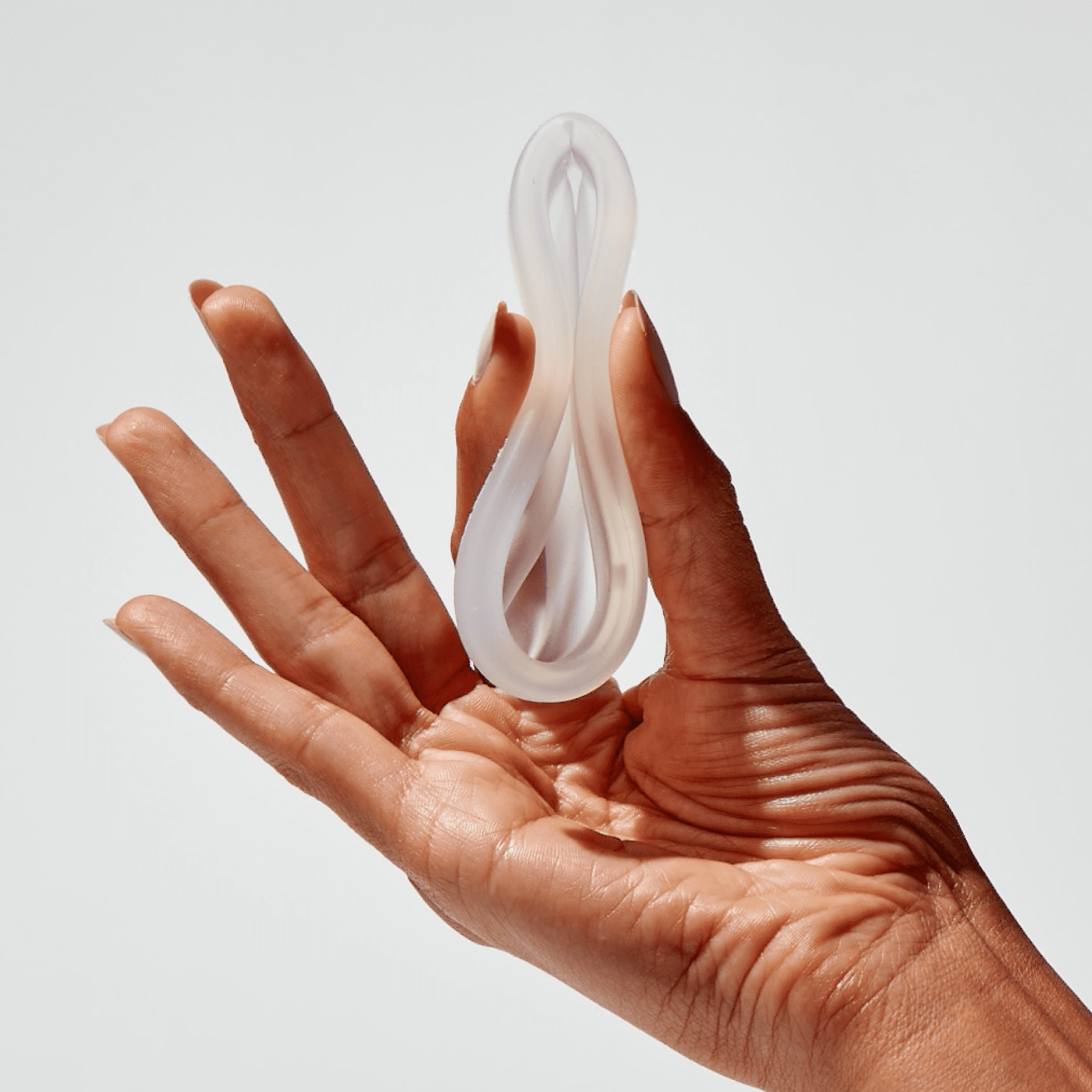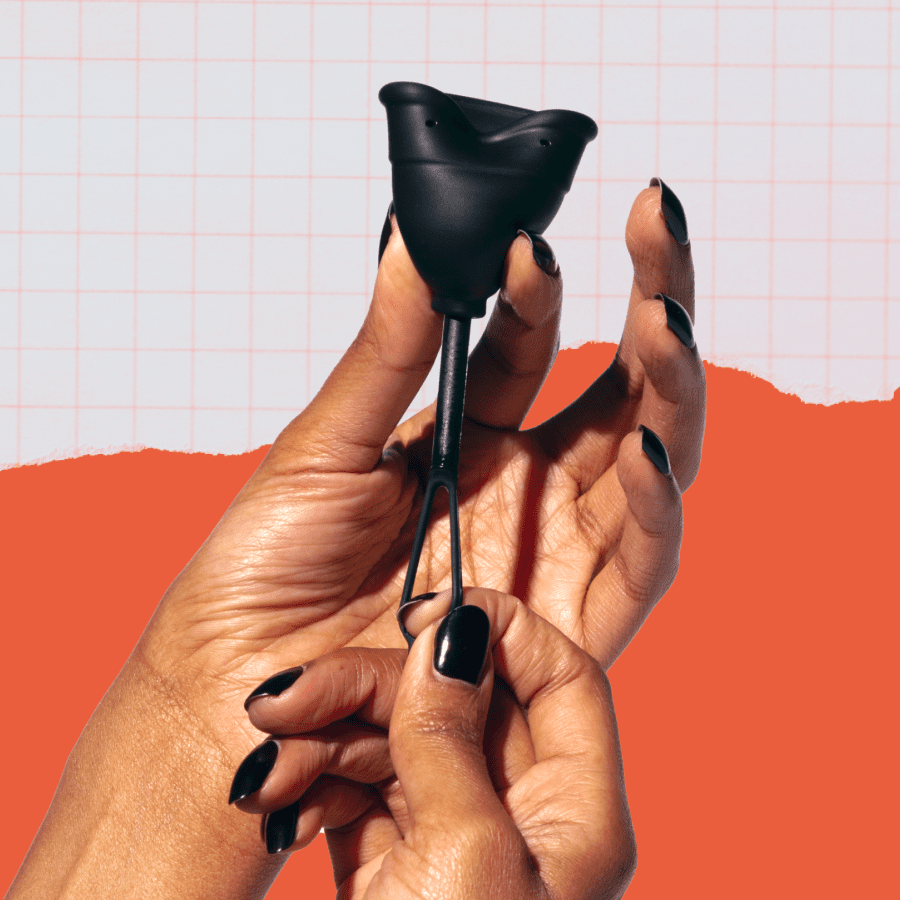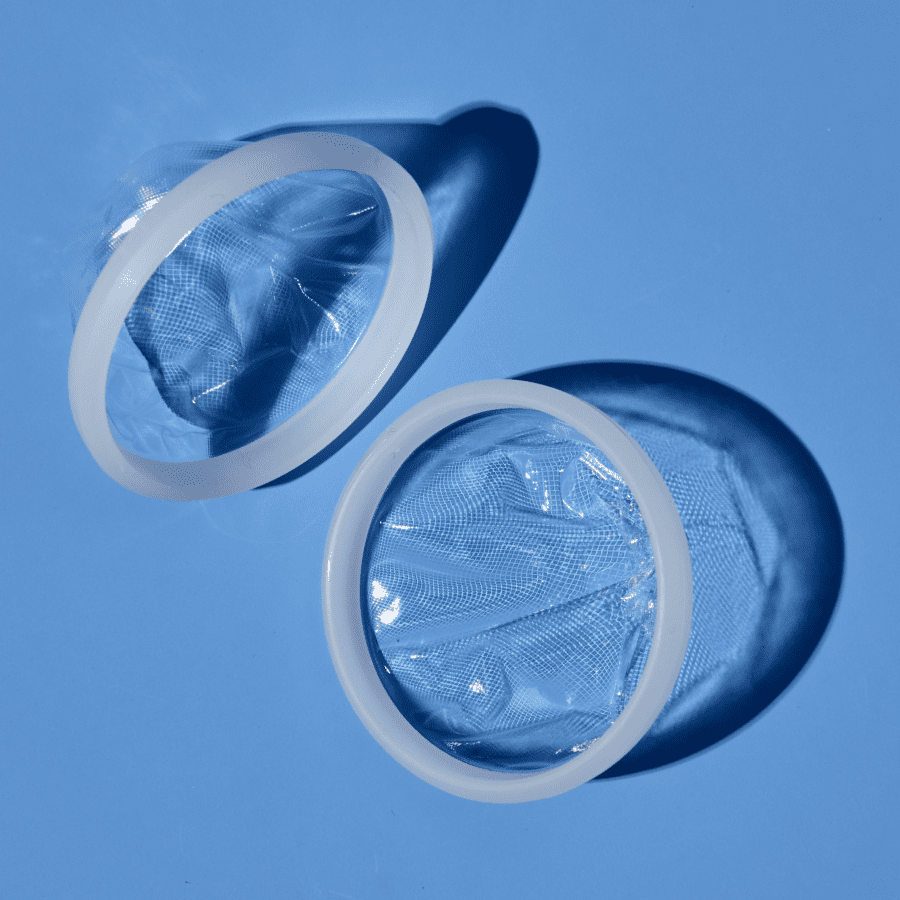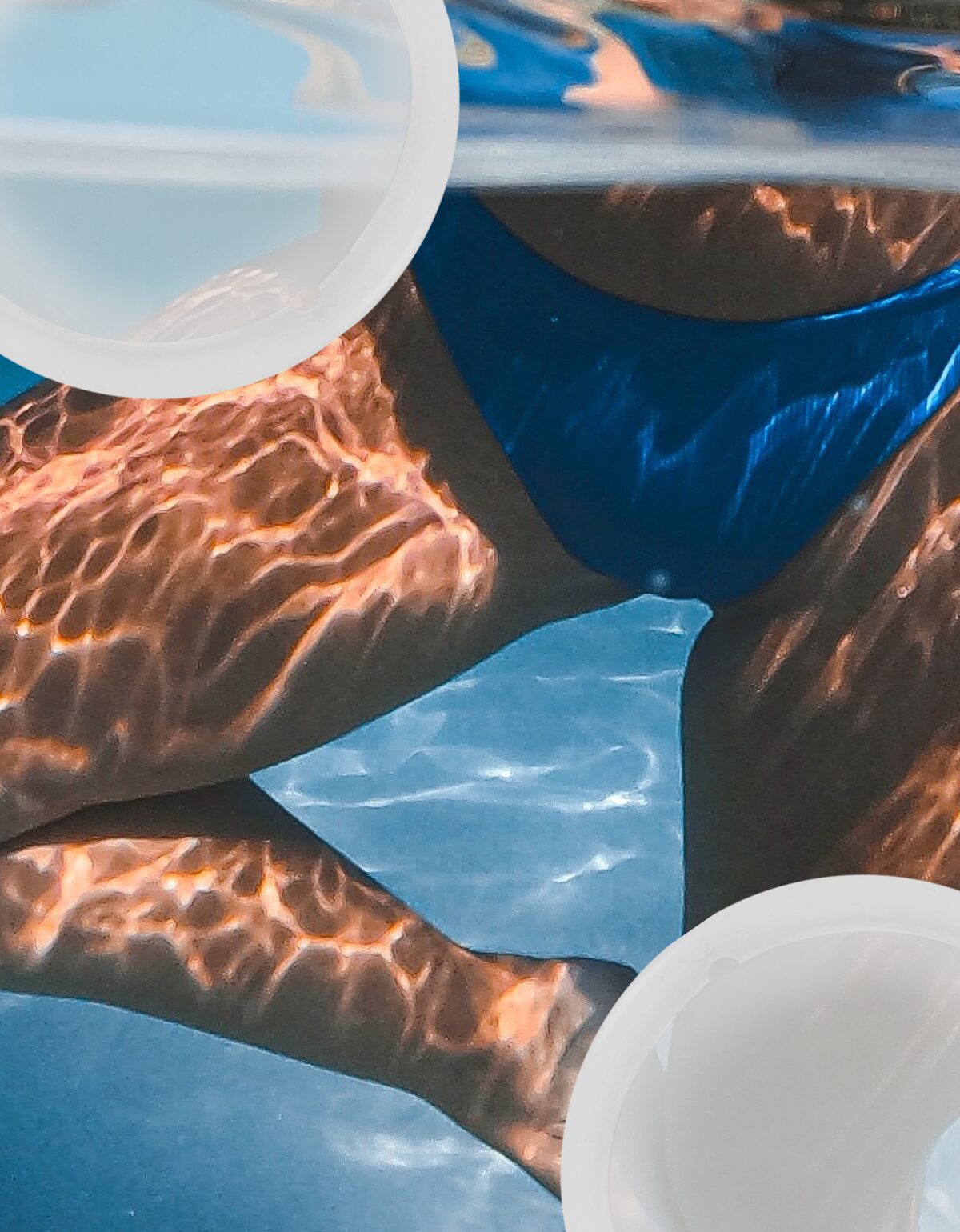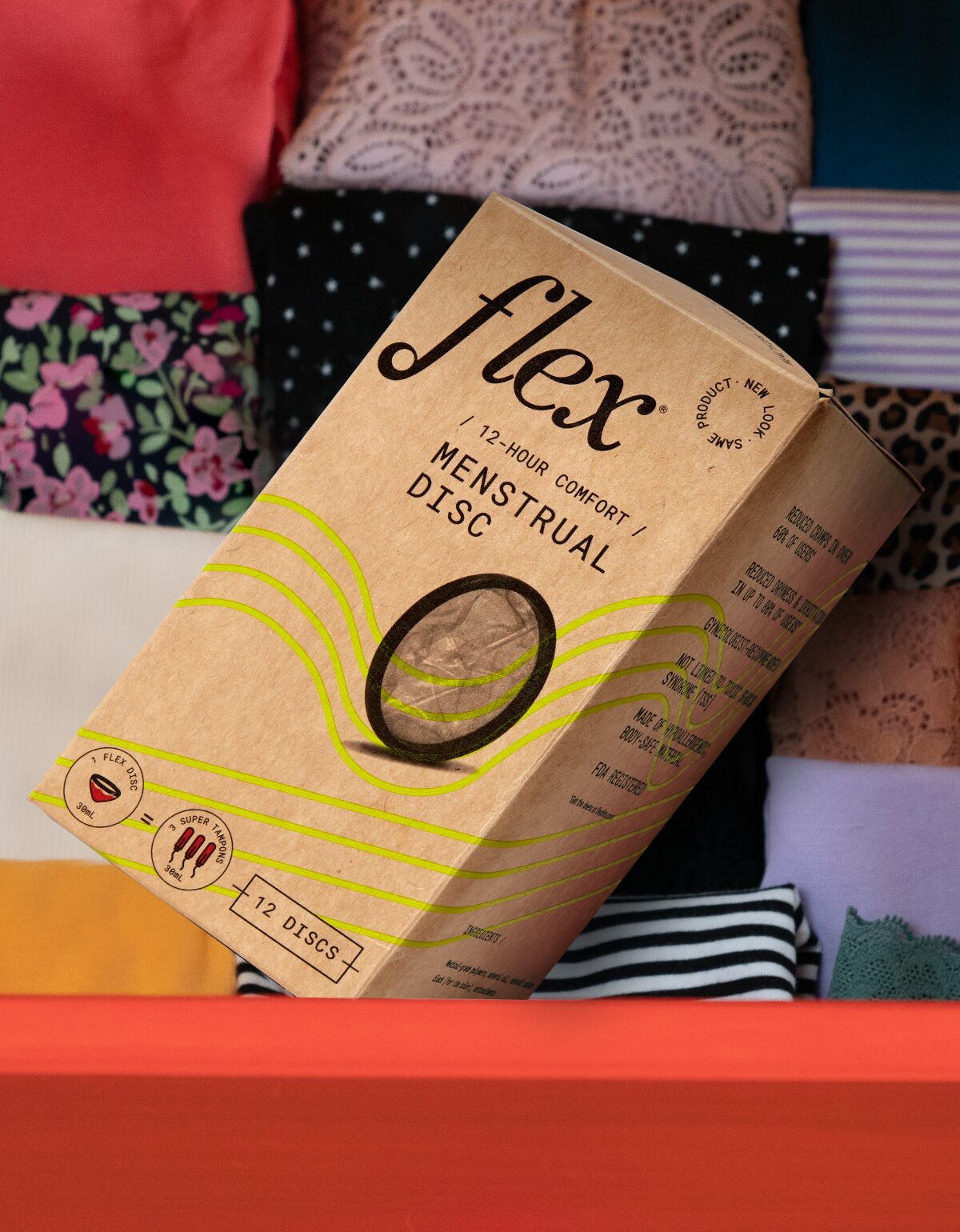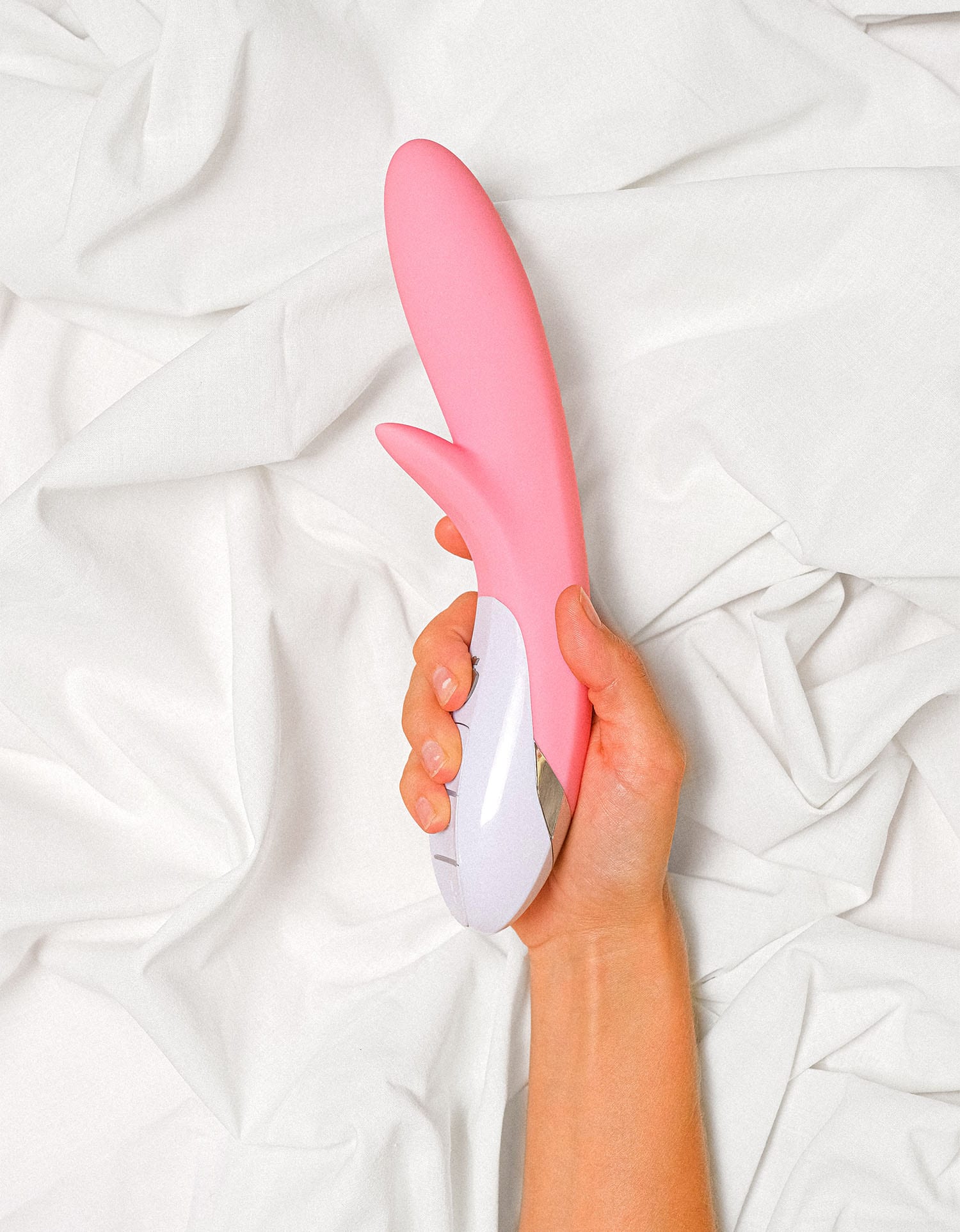Can you go swimming on your period? Here’s the verdict
Of all the questions we get about periods, the most recurring one is about a specific exercise: Swimming.
Can I swim on my period?
In short: YES. You can.
But you’re probably the curious type – the type who, for example, searches for alternative menstrual products. So you aren’t satisfied with a short answer. Dive into the deep end with us with these common questions about swimming on your period.
Will sharks attack me if I go swimming on my period?
Save your worries: The answer is a firm NO.
It’s a myth that sharks can detect blood from a mile away and they aren’t necessarily interested in blood. Their noses are made purely for detecting smells and not for breathing. They can detect chemicals and amino acids which are proteins found in all animals, including humans. (Yes, that includes men and semen!)
What sharks are actively on the prowl for are the scents of their preferred prey rather than humans, so even if they were to detect human blood – male or female – it wouldn’t necessarily ring their bells.
Also, period blood isn’t just blood. It’s actually a mixture of uterine tissue, cells from the lining of the vagina, and other bacteria that make up the natural flora of the vagina. If you happen to leak a drop or two of period blood in the ocean it would get incredibly diluted.
Is it hygienic to go swimming during your period?
So, we’ve established that it is clearly not life-threatening to swim on your period, but, um… is it hygienic?
Yes, totally!
Three reasons it’s healthy to go swimming on your period:
- The water pressure can actually slow down your period (yay!), and when using an insertable product like a tampon or menstrual disc, blood is very unlikely to come out.
- Even if a little bit did leak out, it would become really diluted in the water.
- Think about what other bodily fluids are already in there. Really, what’s a bit of menstrual blood compared to the sheer amount of spit and pee that is already in there?
In swimming pools, chlorine is added to the water. This also serves as a powerful disinfectant.
Misconceptions about swimming on your period
Something that never occurred to me (but sharks in municipal swimming pools do, apparently: see first paragraph) is that some women may be worried about the risk of infection from swimming on their periods.
Getting an infection from swimming on your period is pretty unlikely, especially when compared to any skin infection or stomach bug that could be caused by swallowing contaminated water. Both of those things are way more common.
And, repeat: chlorine is added to the water. It does a great job of disinfecting.
However, the strong disinfecting power of chlorine also means that it is an irritant. Irritated vaginas are prone to getting those dastardly yeast infections or even their irksome cousins, bacterial vaginosis.
In order to avoid this, take a shower after swimming to rinse off the chlorine. Also, avoid sitting around in a wet, chlorine-soaked bathing suit for long periods of time. Regardless, none of this is connected to being on your period.
In other words, there’s no more risk for infection when you go swimming (in a pool or elsewhere) during your period than when you’re not on your period.
What products are best for swimming during your period?
So, to reiterate: Swimming on your period is totally fine. In fact, it’s the opposite of unhealthy and unhygienic. Swimming can actually reduce cramps, and the endorphins that are activated are great for your mood and overall well-being. The endorphins can even help relieve period cramps.
But what about the period products? Obviously, wearing pads and panty liners is a no-go. Designed to absorb liquid, these products will inevitably become soaked the moment you submerge yourself into any body of water.
Not only will these products not be able to absorb menstrual blood, but they are also going to sag like a wet diaper. Trust me, nobody wants that.
Swimming with tampons
That brings us to the middle school gym class standby: Tampons. You may be wondering, though – do they soak up the water instead of your period blood? Can they absorb things like sand or bits of seaweed if you’re in the ocean? Are sport tampons any better? What if they just expand and expand and…
Nope! They do not. You will not start to slowly bloat up like a pufferfish. And your vagina won’t get sand-burn, or seaweed-burn, or anything of that nature (unless you’re actively dipping tampons in sand before shoving them up your vag).
The tampon might absorb a little bit of the water you’re swimming in, but there’s no health risk associated with that as long as you change your tampon shortly after you’re done swimming. However: If you’re swimming for longer than an hour at a time, you’ll need to change tampons at least hourly (or go with a different product).
While wearing tampons, the most notorious swimming-related risk is the unexpected “string incident” which sometimes occurs with bathing suits. We’re all familiar with it: If it hasn’t happened to us, we know someone who it has happened to.
This unwelcome phenomenon occurs when the tampon string that hangs out sometimes shifts out of your bathing suit or bikini, leaving you feeling absolutely humiliated because society has told us to feel that way, and thus wondering for many hours, if not days, whether someone actually noticed.
Competitive swimmers who spend many hours in the pool sometimes report being able to feel a tampon when swimming. They also report a bit of discomfort associated with underwater tampon use. It’s something to keep in mind if you’re planning a beach, lake, or boating trip where you’ll be in and out of the water all day. For those occasions, consider using the period products below.
Can you swim on your period without a tampon?
What about menstrual cups and discs? Jackpot! Not only are menstrual cups and discs the perfect underwater period protection, but they also tend to be more comfortable than tampons in general. If you’re not sure what a menstrual cup or disc is, check out this article.
Both Flex Cup and Flex Disc collect menstrual blood for up to 12 hours — count ‘em, 12! We’re especially partial to menstrual discs for swimming, thanks to their placement all the way at the end of the vaginal canal. Unlike pads and tampons, a menstrual disc molds to the shape of the wearer’s body. This makes them extremely comfortable when you’re trying to hit your freestyle PR.
The disposable menstrual disc is a body-safe and viable option for swimming on your period. This product ALSO reduces cramps and lessens period odors – plus, it isn’t linked to toxic shock syndrome. And you can’t even feel it when it’s in. That’s what’s made menstrual discs such a hit among competitive athletes who spend a lot of time in the water, like pro surfers, swimmers, water skiers, and kayakers.
Swimming with a menstrual cup or disc
Swimming was one of the biggest pain points that necessitated the creation of menstrual discs in the first place. Unlike swimming with tampons, there’s no discomfort, no irritation, no string anxiety, and no mysterious sensations. If you want to hear a firsthand story from a competitive swimmer who struggled with soggy underwater tampons for years, read this post by Rachel Jenkins (spoiler alert: she stans Flex Disc).
If eco friendly is a key priority of yours, and you want a product that works great underwater – but your idea of swimming is more like resting in the pool with a drink in hand – a menstrual cup might be your go-to. Cups last for years, but they do require a bit of maintenance to keep them at their best.
Cups are worn in the vaginal canal, rather than the vaginal fornix (like a disc). This means that there’s a tiny chance you might be able to feel your cup when swimming laps. However, as long as it’s inserted correctly, you don’t have to worry about leakage and you’ll be all set for up to 12 hours of underwater wear.
This article is informational only and is not offered as medical advice, nor does it substitute for a consultation with your physician. If you have any gynecological/medical concerns or conditions, please consult your physician.
© 2021 The Flex Company. All Rights Reserved.

